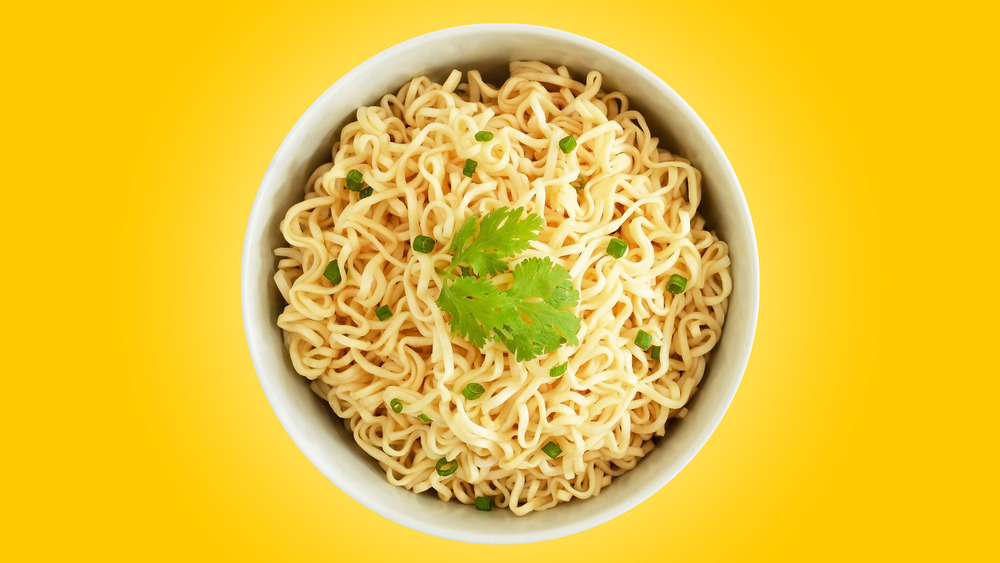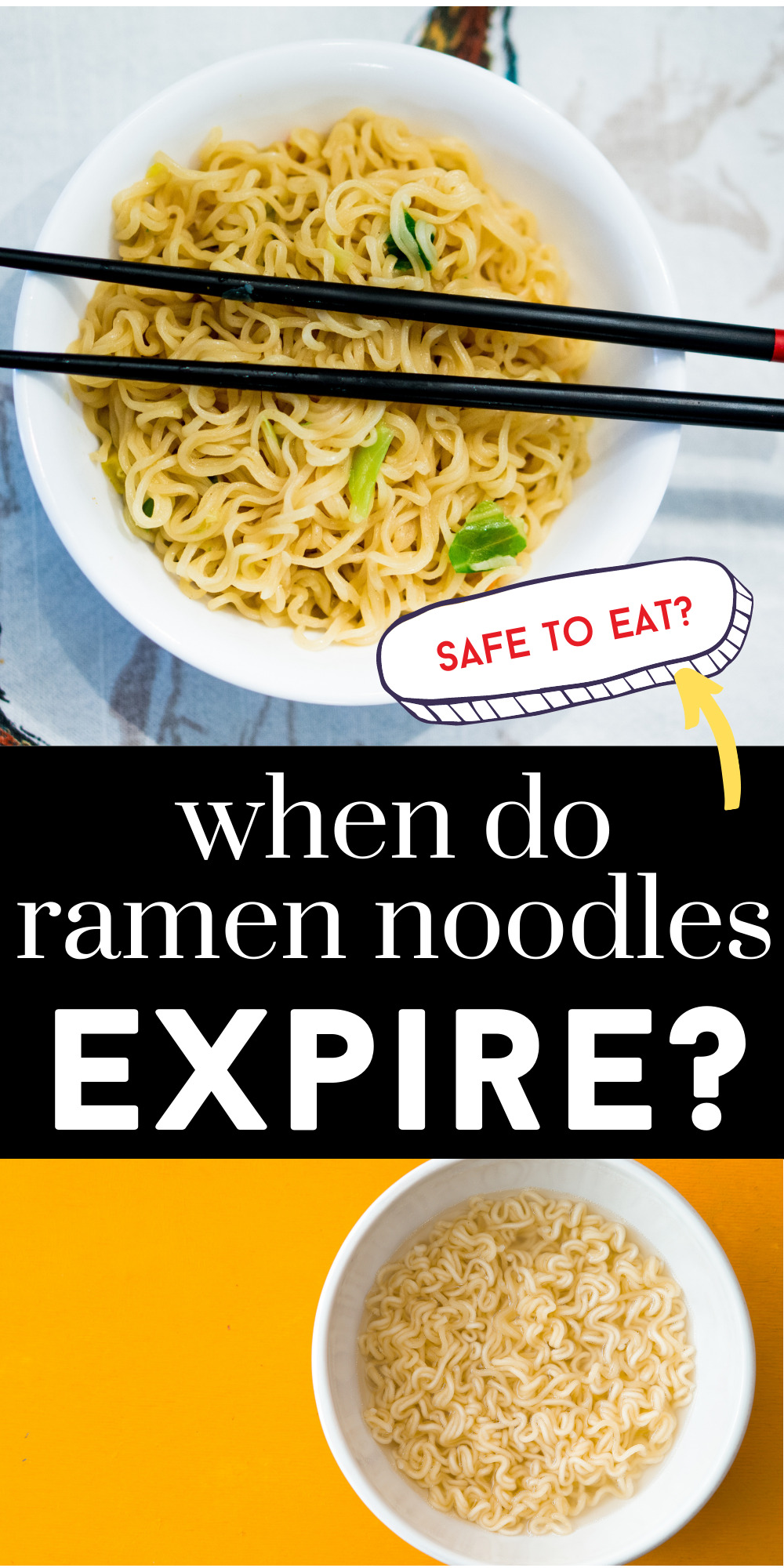Are you concerned about the safety of your favorite instant ramen? Rest assured, the widespread panic fueled by social media regarding deadly bacteria in ramen noodles is largely unfounded, and the Food and Drug Administration (FDA) is vigilant in ensuring the safety of this popular food item.
The world of instant ramen, a culinary cornerstone for students, busy professionals, and budget-conscious eaters alike, has recently found itself under the spotlight. The convenience and affordability of these pre-packaged noodles have cemented their place in countless pantries globally. However, with increased popularity comes increased scrutiny, and recent concerns regarding potential contamination have prompted both consumers and regulatory bodies to take a closer look. The core question here revolves around the safety standards and regulatory oversight of instant ramen production.
To understand the current state of affairs, it's crucial to sift through the noise and misinformation circulating online. One recurring theme involves social media claims suggesting the presence of deadly bacteria in ramen products. These claims, often disseminated through platforms like TikTok, have caused understandable alarm. However, investigations by reputable sources, as well as official statements from the FDA and Centers for Disease Control and Prevention (CDC), have largely debunked these assertions. The primary takeaway is that these warnings are, for the most part, inaccurate.
- The Journey Of Brittney Griners Transitioning A Story Of Strength And Transformation
- The Ultimate Guide To The Names Of Buzz Aldrins Wives
Here's an overview of the facts:
| Issue | Details | Status |
|---|---|---|
| Deadly Bacteria Claims | Social media posts alleging deadly bacteria in ramen noodles, often citing deaths of children. | False. The CDC and FDA have not issued recalls for ramen noodles due to deadly bacteria. No official records link deaths to ramen noodle recalls. |
| Recent Recalls | Reports of product recalls related to ramen. | Limited and Specific. The FDA's website doesn't show recent recalls for general contamination, however there have been recalls linked to undeclared allergens in some brands in 2023 and to the potential for Listeria Monocytogenes contamination in egg products included in ramen. |
| Contamination Risk | Concerns about contamination sources. | Possible, but mitigated. Contamination could occur through accidental means or intentional actions, but reputable companies have strict quality control. Research from Malaysia in 2022 found no insect/parasite contamination in six brands. |
| Food Poisoning | Instances of food poisoning linked to instant ramen. | Possible. Like any food, instant ramen can cause food poisoning. |
The U.S. Food and Drug Administration (FDA) plays a critical role in ensuring food safety, and regulates the removal of market foods that violate safety regulations. This agency oversees the vast majority of food products in the US, with the notable exceptions of meat, poultry, and processed egg products, which fall under the purview of the Department of Agriculture. The FDA's stringent regulations and recall procedures are designed to protect consumers from potentially hazardous food products.
In June 2024, the U.S. Food and Drug Administration (FDA) issued a significant update to a May 2024 instant noodle recall, clarifying and expanding upon the initial statement. This demonstrates the agency's commitment to transparency and its proactive approach to public safety. The specific details of these recalls are essential for consumers to stay informed and make safe choices. If there is any recall, the information will be available on the FDA website and through the news media.
- Exploring The Allure Of Sondra Blust An Insight Into Her Onlyfans Journey
- The Ultimate Guide To Taylor Swifts Seductive Fragrance
Instances of contamination, while relatively rare due to the strict quality control measures employed by reputable manufacturers, can still occur. The potential for contamination exists at various stages, from production to packaging and distribution. This is where the FDA's recall system becomes crucial. When a problem is identified, the FDA works with manufacturers to remove affected products from the market and issue public warnings. Recalls are also triggered by the discovery of undeclared allergens.
One of the most significant food safety concerns that affects ramen involves allergens. For individuals with allergies, even trace amounts of certain ingredients can trigger severe reactions. While specific ramen products may contain allergens like fish or shellfish, others do not. It's important for consumers to carefully review the ingredient labels and to be aware of the risk of cross-contamination.
While the focus often falls on potential risks, it's important to recognize the efforts made by the industry to ensure product safety. Reputable instant ramen companies prioritize quality control, implementing rigorous measures throughout the production process. These measures include sourcing high-quality ingredients, employing strict sanitation protocols, and conducting regular testing to identify and prevent contamination. Research conducted in Malaysia in 2022, for instance, examined six brands of ramen and found no evidence of insect or parasite contamination, reinforcing the effectiveness of these measures.
It is not just the FDA that is concerned about product safety, the industry is also involved with monitoring and controlling the production of these items. Furthermore, the recall of instant noodles also occurs. These instances may be due to hard objects being included, and the discovery of undeclared allergens.
The history of ramen in the U.S. offers an interesting perspective. Ramens popularity, particularly the instant variety, has grown exponentially, but the industry itself is not new. In 1997, American-born Japanese chef Nishimura opened his first ramen restaurant in Mountain View, California. This early success was a milestone in popularizing the dish. He then moved to Los Angeles to open his own restaurant. This demonstrates the growing appeal of ramen within the American dining scene.
In conclusion, while concerns about contamination in ramen noodles are valid, the reality is nuanced. The immediate panic caused by social media misinformation has to be viewed with skepticism. The FDA and CDC actively monitor the safety of this popular food. Consumers should remain informed, and exercise diligence by verifying information from trusted sources, reviewing product labels, and following any recall notices issued by the FDA.



Detail Author:
- Name : Orpha Hammes
- Username : dolly.littel
- Email : nichole58@zieme.net
- Birthdate : 1970-01-06
- Address : 56129 Daphney Neck Suite 064 West Leolaburgh, NC 81605
- Phone : +1-915-993-6305
- Company : Graham-Wintheiser
- Job : Physical Scientist
- Bio : Ut est quasi sit atque rerum enim. Quia enim laborum ex corrupti incidunt. Ipsam est omnis ratione totam. Ullam odit et laboriosam sint excepturi molestias.
Socials
twitter:
- url : https://twitter.com/courtney3713
- username : courtney3713
- bio : Non id id aut recusandae molestias repudiandae praesentium quo. Ab occaecati aut eos aut animi. Aliquid eaque neque est eaque officiis est eum.
- followers : 1278
- following : 1350
instagram:
- url : https://instagram.com/beckerc
- username : beckerc
- bio : Voluptatem voluptatem porro enim totam. Aliquid alias rerum voluptatem eum.
- followers : 5097
- following : 2757
linkedin:
- url : https://linkedin.com/in/courtney_becker
- username : courtney_becker
- bio : Quos quis repellendus dolorem et itaque iste.
- followers : 3427
- following : 2949
facebook:
- url : https://facebook.com/becker2011
- username : becker2011
- bio : Est fugit ut sit facere.
- followers : 3805
- following : 2260